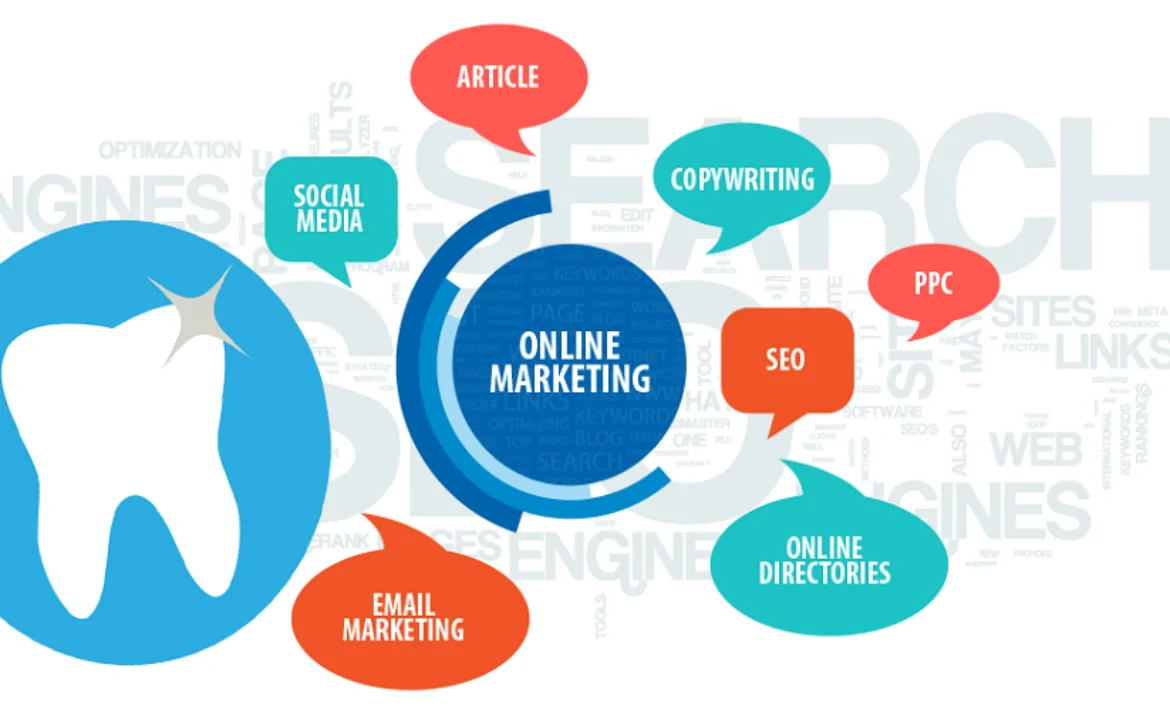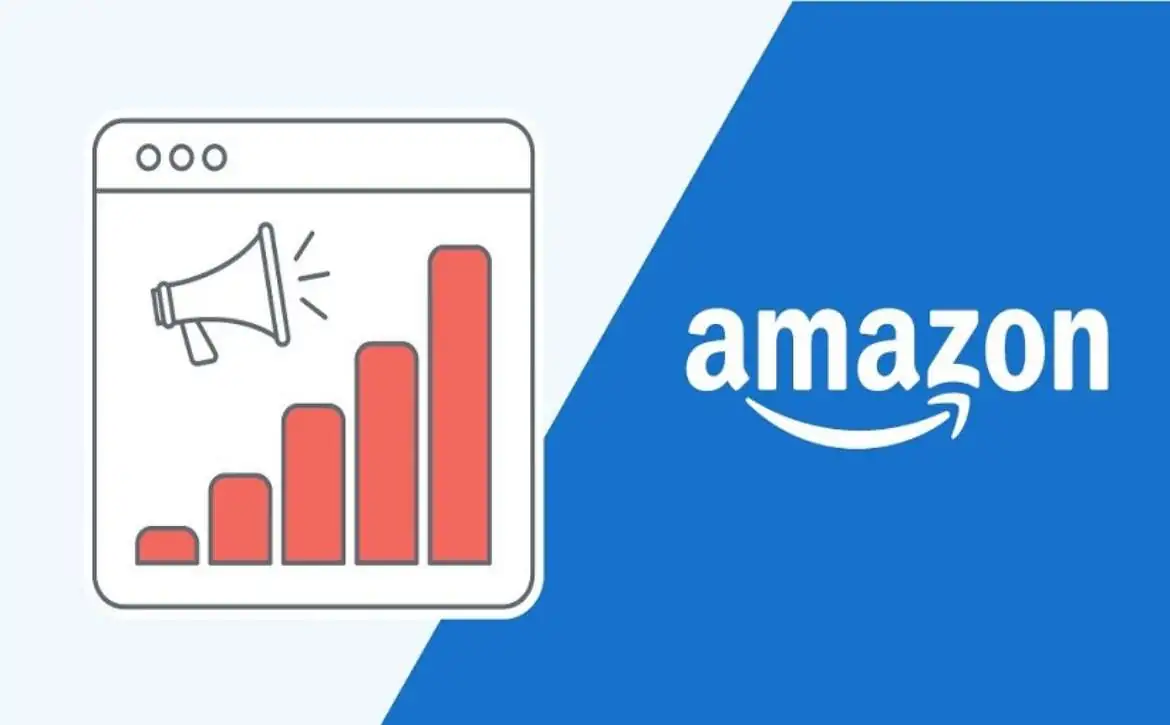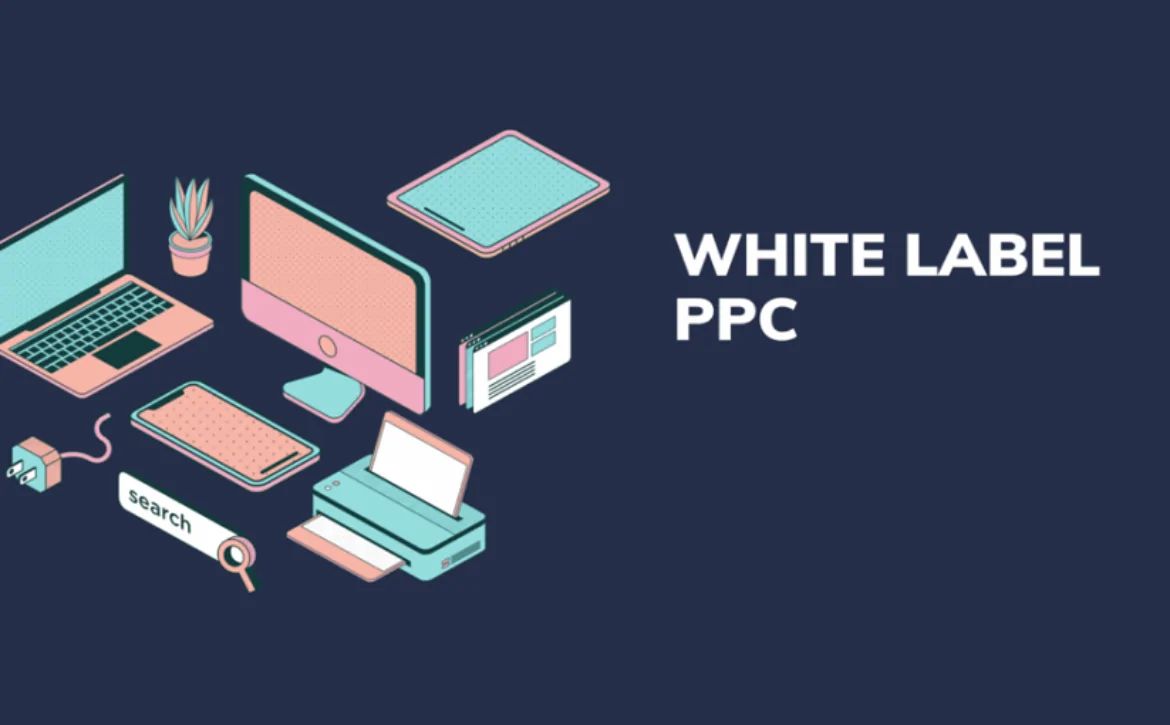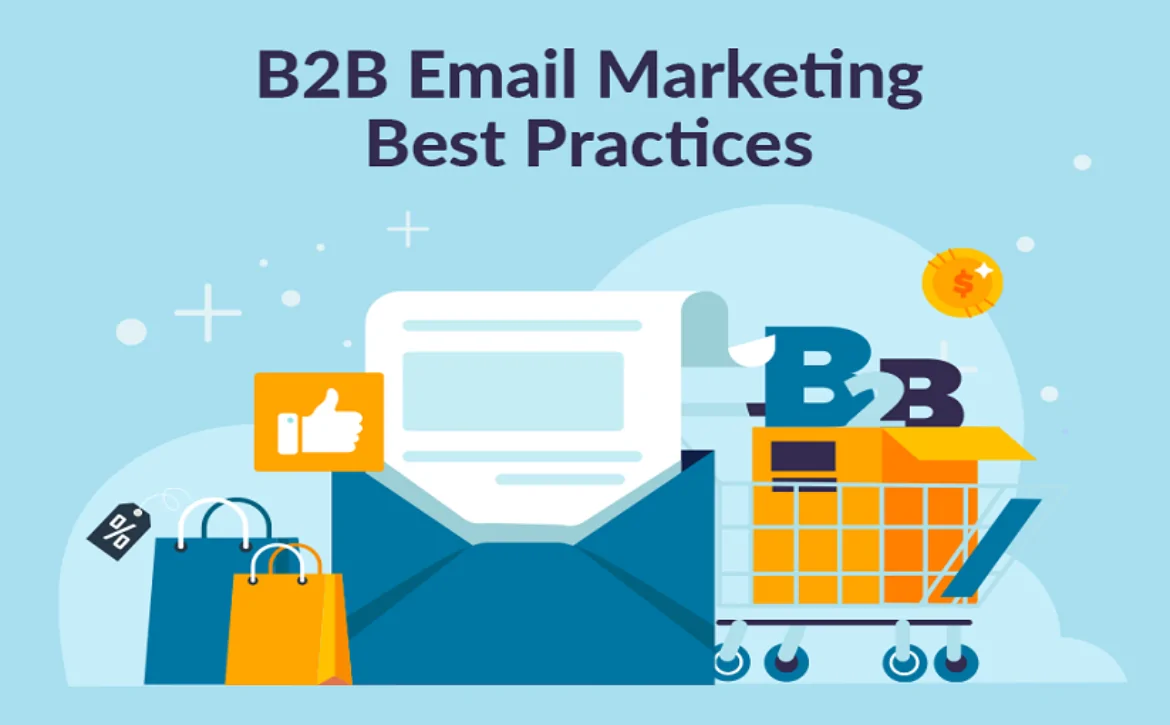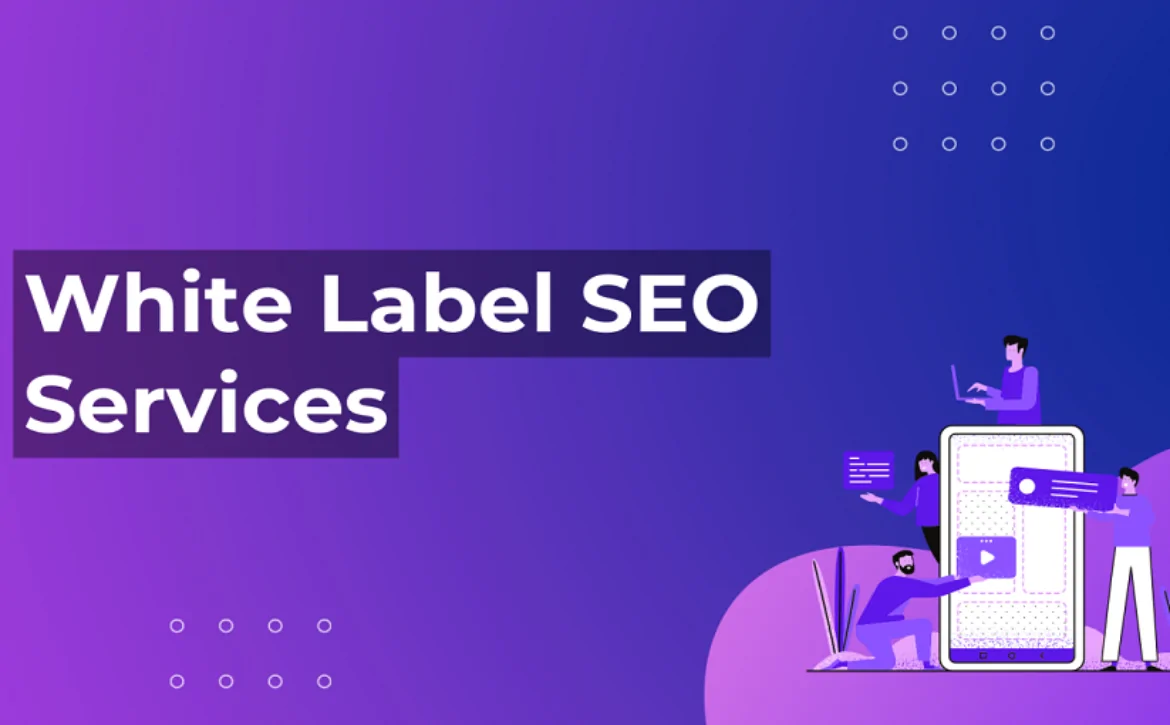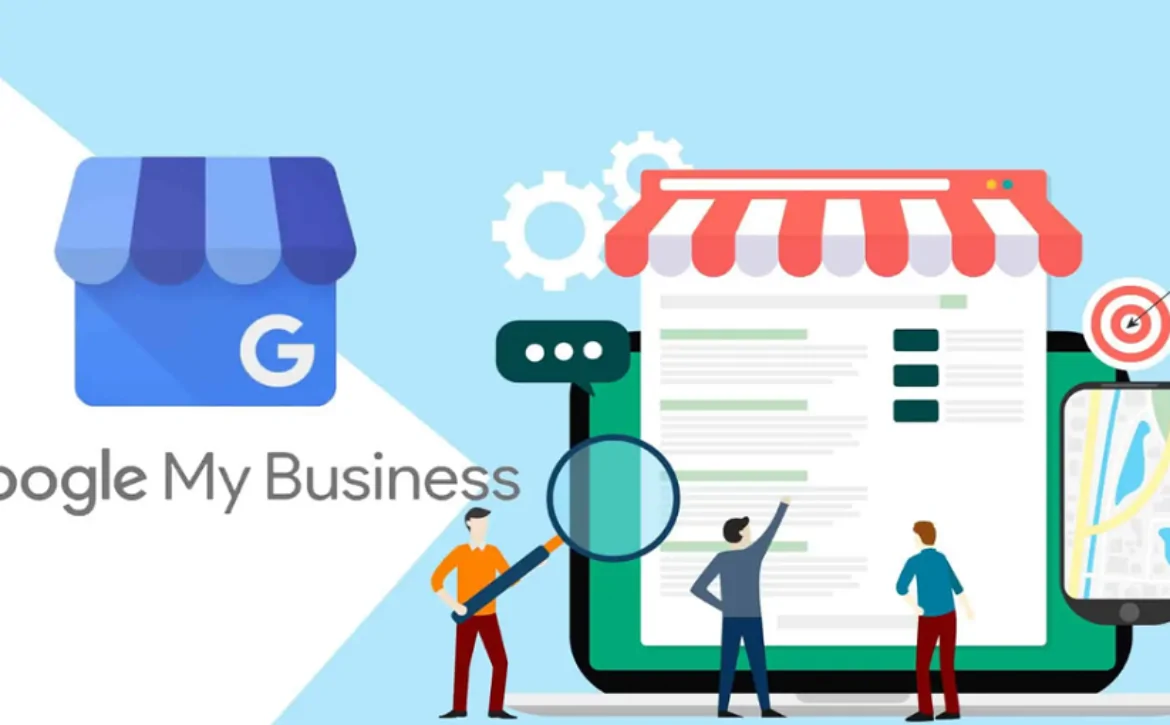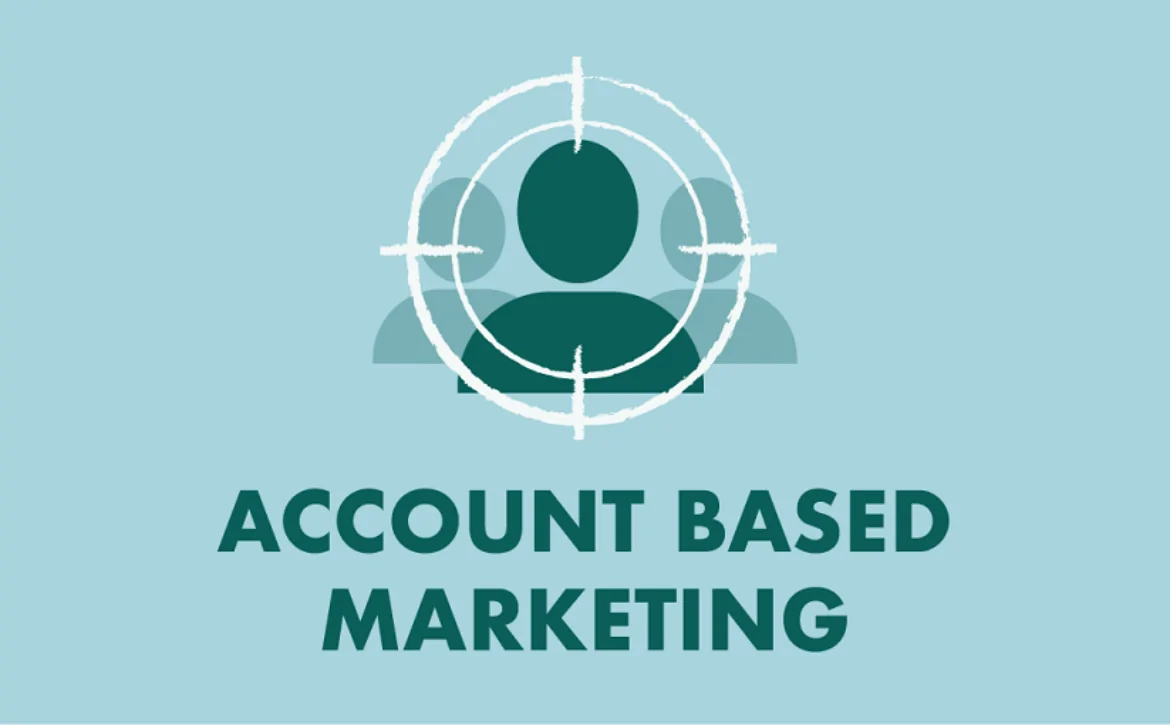Role of Video Marketing in Your Real Estate Marketing Strategy
In the ever-evolving landscape of real estate, effective marketing strategies are crucial for standing out in a competitive market. One of the most powerful tools available to real estate professionals today is video marketing. With its ability to convey complex information in an engaging and visually appealing manner, video marketing has become an essential component of a successful real estate marketing strategy. Whether you’re a seasoned agent looking to refine your approach or a newcomer eager to make your mark, understanding how to leverage video can significantly enhance your visibility and client engagement.
As move into 2024, the demand for innovative and unique real estate marketing ideas continues to grow. Traditional methods, such as print ads and open houses, while still valuable, are no longer sufficient in reaching today’s tech-savvy consumers. Instead, a robust real estate marketing plan for sellers must incorporate multimedia content that resonates with potential buyers. Video allows agents to showcase properties in a dynamic way, providing virtual tours, neighborhood highlights, and informative content that engages viewers on a deeper level.
This article will explore the pivotal role of video marketing within a comprehensive real estate market strategy. Also discuss unique real estate marketing ideas, outline a 10 point real estate marketing plan that effectively integrates video content, and delve into the specific types of real estate marketing ideas for social media that can elevate your brand. As you navigate this landscape, it’s crucial to recognize that video marketing is not just a trend; it’s a powerful vehicle for storytelling, relationship building, and ultimately, closing sales. By embracing this medium, you can effectively connect with potential buyers and sellers, establish yourself as a trusted expert in your field, and drive your real estate business to new heights.Unpack the various facets of video marketing and its transformative impact on your real estate market strategy.
Real Estate Marketing Strategy: Why Video Marketing is Essential in Real Estate
Video marketing serves a crucial role in the modern real estate industry. Studies indicate that listings with video content receive higher engagement rates and attract more views than those without. This trend stems from the effectiveness of video in conveying the size, layout, and ambiance of properties. Buyers can virtually “walk through” a home, giving them a strong sense of its features and layout before an in-person visit.
Additionally, video marketing can streamline the decision-making process. Potential buyers save time by narrowing down options online, which benefits both clients and real estate agents. This efficient, engaging format is integral to a strong real estate marketing plan for sellers who want to attract and retain serious buyers.
Video Content Types for Real Estate Promotion
When it comes to real estate marketing, utilizing a variety of video content types can significantly enhance your reach and engagement with potential clients.
1. Virtual Tours and 3D Walkthroughs
One of the most popular video marketing ideas is creating virtual tours and 3D walkthroughs. These immersive experiences allow potential buyers to navigate properties at their own pace. Technologies like Matterport make it easy to create engaging and interactive tours, which serve as an effective part of a 10-point real estate marketing plan.
2. Real Estate Marketing Strategy: Agent Introduction Videos
A personal connection is essential in real estate, and an agent introduction video helps establish rapport with potential clients. By showcasing personality, experience, and approach, agents can build trust and make a memorable first impression. These videos can be uploaded to social media platforms or attached to online listings, creating a warm introduction to viewers.
3. Neighborhood and Community Showcases
Buyers don’t just buy homes, they invest in neighborhoods. A community showcase video highlights local amenities, schools, parks, restaurants, and other aspects of daily life that might appeal to specific demographics. These videos often work well on social media, where they can attract a wide audience.
4. Testimonial Videos
Word of mouth remains one of the most effective real estate marketing tools. Client testimonials capture the authenticity of satisfied clients and convey trustworthiness to potential clients. These videos can be short but impactful, focusing on the positive experience of working with a particular agent or agency.
5. “Day in the Life” Videos
Giving potential clients an inside look into a real estate agent’s daily routine can offer transparency and help demystify the buying or selling process. These videos are popular on platforms like Instagram and TikTok, where casual, behind-the-scenes content thrives.
Building a Real Estate Marketing Plan for Sellers with Video
A well-rounded real estate marketing strategy should encompass various types of videos, distributed across multiple channels to maximize reach. Here are key steps for building a successful video-centric marketing plan:
1. Identify Your Target Audience
Understand who you’re trying to reach. Are you marketing to first-time homebuyers, luxury property seekers, or investors? Tailor your video content to appeal to these specific demographics, highlighting features that matter to them most.
2. Focus on High-Quality Production
Video quality reflects your brand’s professionalism. Invest in good lighting, sound equipment, and editing tools to produce high-quality content. Many potential clients form their first impression of an agent through online content, making quality a priority.
3. Optimize for Social Media
Social media platforms are central to any real estate market strategy, especially for video content. Short, engaging videos perform well on Instagram, Facebook, and TikTok, where real estate marketing ideas for social media can be deployed to their full potential. Consider the platform when planning video content, optimizing for each medium’s format and style.
4. Use SEO Techniques to Increase Visibility
SEO is as relevant for video as it is for written content. Adding keywords such as “real estate marketing strategy” and “unique real estate marketing ideas” to video titles, descriptions, and tags can boost visibility. YouTube, a powerful search engine in its own right, should also be a key part of your distribution plan.
Real Estate Marketing Strategy Ideas for Social Media in 2024
Social media platforms have become hubs for creative marketing in real estate.
1. Instagram Reels and Stories
Instagram Reels allow agents to create quick, engaging videos, perfect for property highlights, neighborhood tours, and testimonials. Instagram Stories can be used to showcase upcoming listings, host Q&A sessions, or share behind-the-scenes content.
2. Facebook Live Virtual Open Houses
Live-streaming an open house on Facebook can attract potential buyers who may not be able to attend in person. This approach fosters real-time interaction, allowing agents to answer questions and highlight property features in a dynamic way.
3. TikTok Real Estate Tips
TikTok’s bite-sized format is perfect for offering quick real estate tips, sharing market insights, or creating entertaining videos related to buying and selling homes. This can be a key component of unique real estate marketing ideas tailored for a younger, tech-savvy audience.
Assessing the Performance of Your Video Marketing Initiatives
Tracking the effectiveness of your video content is critical to fine-tuning your strategy. Here’s how you can measure success:
- View Count and Engagement: Track views, likes, shares, and comments. High engagement typically indicates that content resonates with the audience.
- Click-Through Rates (CTR): If you include links to property listings or your website, measure how many people click through. A higher CTR suggests that videos are successfully driving traffic.
- Lead Generation: Consider setting up unique landing pages for each video campaign to directly measure leads generated from each video.
- Time Watched: For longer videos, analyze how much of each video viewers watch to identify where they might be losing interest.
Unique Real Estate Marketing Ideas Using Video
Video marketing offers a plethora of creative opportunities for real estate marketing strategy professionals looking to differentiate themselves in a crowded market.
1. Host Virtual Q&A Sessions
Answering common buyer or seller questions in a video format is a powerful way to build credibility. These sessions can be pre-recorded or live-streamed, depending on audience preferences.
2. Property Lifestyle Videos
Instead of just showcasing the features of a property, create videos that depict a day in the life of a homeowner in that space. This adds emotional appeal and helps potential buyers imagine themselves living there.
3. Drone Videos for Stunning Aerial Shots
Drone footage is ideal for capturing large estates, farms, or homes with unique surroundings. It provides a perspective that cannot be achieved through ground-level filming.
Implementing a 10 Point Real Estate Marketing Plan for 2024
Here’s an effective 10-point real estate marketing strategy plan that incorporates video:
1. Create High-Quality Property Videos
2. Implement Virtual Tours for Every Listing
3. Produce Neighborhood and Community Highlight Videos
4. Develop Agent Introduction Videos
5. Use Social Media for Targeted Advertising
6. Leverage SEO with Keywords in Video Descriptions
7. Engage with Video Testimonials from Past Clients
8. Host Live-Streamed Open Houses
9. Produce Market Update Videos for Local Real Estate Insights
10. Measure Video Performance and Adjust Strategy Accordingly
FAQs
What type of marketing is best for real estate?
Real estate marketing should incorporate digital strategies, including video marketing, social media, and SEO. These strategies engage potential buyers visually and emotionally, showcase listings in real time, and attract more traffic and inquiries. This comprehensive approach resonates with tech-savvy buyers and sellers.
What are the 4 P’s of real estate?
The four Ps of real estate are Place, Price, Promotion, and Product. Product refers to the property’s features, Price is a competitive price, Place is its marketing strategy, and Promotion includes advertising, open houses, online listings, and social media.
How do you create a real estate marketing strategy?
To create a successful real estate market strategy, define your target audience, set goals, research local market trends, develop a multi-channel approach, incorporate digital marketing, and use visually engaging tools. Track campaign performance and adjust tactics as needed, ensuring maximum impact.
What is a marketing plan for real estate?
To create a successful real estate market strategy, define your target audience, set goals, research local market trends, develop a multi-channel approach, incorporate digital marketing, and use visually engaging tools. Track campaign performance and adjust tactics as needed, ensuring maximum impact.
What are the 4 P’s of marketing plan?
A real estate marketing plan is a comprehensive strategy for agents, brokers, or agencies to attract and convert potential clients. It includes market research, target audience analysis, and a detailed approach to promote listings. Key components include setting objectives, defining a budget, and selecting tactics across channels. The plan focuses on the 4 P’s: Product, Price, Place, and Promotion, addressing unique needs of buyers and sellers.
Future Trends: Real Estate Marketing Ideas 2024 and Beyond
As technology evolves, the role of video in real estate will likely expand. Emerging trends like augmented reality (AR) and virtual reality (VR) could allow for even more immersive property showcases, enabling potential buyers to virtually “walk through” homes as if they were there in person. By staying on top of these trends, real estate professionals can continue to innovate, adapt, and succeed in a rapidly shifting market.
Personalization Through Video Emails
Using video emails as part of your real estate marketing strategy can add a personal touch that resonates with clients. Personalized video emails allow agents to greet potential buyers, provide specific property updates, or check in with previous clients. This approach helps keep clients engaged and fosters a sense of connection. Platforms like BombBomb make it easy to record and send personalized videos directly to an individual or group, adding a valuable personal element to your real estate marketing plan.
Leverage Analytics to Refine Video Content
Analytics play a vital role in identifying what types of video content resonate with your audience. Platforms like YouTube and Facebook offer detailed analytics that can help you track which videos are most engaging, identify peak viewing times, and assess drop-off points. Analyzing this data allows you to adjust your content for optimal engagement. For example, if viewers consistently drop off at a certain point, you can shorten future videos or shift key information earlier in the video.
Collaborate with Local Businesses for Cross-Promotions
Collaborating with local businesses for video content can provide a fresh angle and increase viewership through cross-promotion. You could partner with popular local cafes, fitness studios, or restaurants to create neighborhood spotlight videos, showing potential buyers the lifestyle that comes with living in the area. Such collaborations can be especially effective on social media, where both businesses can share the content to broaden each other’s reach.
Interactive Videos with Hotspots
Interactive video elements, like hotspots, can make your video marketing strategy more engaging. These hotspots allow viewers to click on parts of the video to learn more about specific areas, like clicking on a kitchen to see appliance details or on a neighborhood park to learn about nearby amenities. Interactive videos provide an immersive experience and keep viewers engaged longer, which can lead to more serious interest in properties.
Real estate marketing Strategy: Seasonal Content
Creating videos that reflect seasonal themes or tips can make your real estate marketing content relevant year-round. For example, “Preparing Your Home for Winter” or “Summer Backyard Trends” adds seasonal value and keeps your brand visible throughout the year. These types of videos are not only helpful for homeowners but also keep potential buyers engaged with valuable, timely information.
Conduct Market Update Videos and Forecasts
Monthly or quarterly market update videos help establish you as a trusted expert in your area. Share insights on pricing trends, property demand, mortgage rates, and upcoming developments in the area. Including forecasts for the next few months helps potential buyers and sellers feel informed, confident, and more likely to reach out to you when they’re ready to make a move.
Host Virtual Workshops and Webinars
Offer virtual workshops or webinars as part of your real estate market strategy to educate potential buyers and sellers. Topics could include “First-Time Homebuyer Tips,” “How to Increase Your Home’s Value,” or “Navigating the Mortgage Process.” Virtual events provide value, engage viewers, and allow agents to collect attendee information for future follow-up.
Real Estate Marketing Strategy: Run Paid Video Ads on Social Media
Paid video ads can significantly extend the reach of your real estate marketing plan. Facebook, Instagram, and YouTube offer targeted advertising options that let you reach a highly specific audience. Running paid ads for high-value properties or special promotions can increase visibility and drive qualified leads to your listings.
In the end, integrating video into your real estate marketing strategy is no longer optional in today’s market, it’s a necessity. With the right types of video content, from virtual tours to neighborhood showcases, agents can attract more viewers, build stronger connections, and drive real results. By following a comprehensive real estate marketing plan for sellers and utilizing unique real estate marketing ideas tailored for 2024, you’ll be well-positioned to stand out, capture interest, and achieve your marketing goals.



